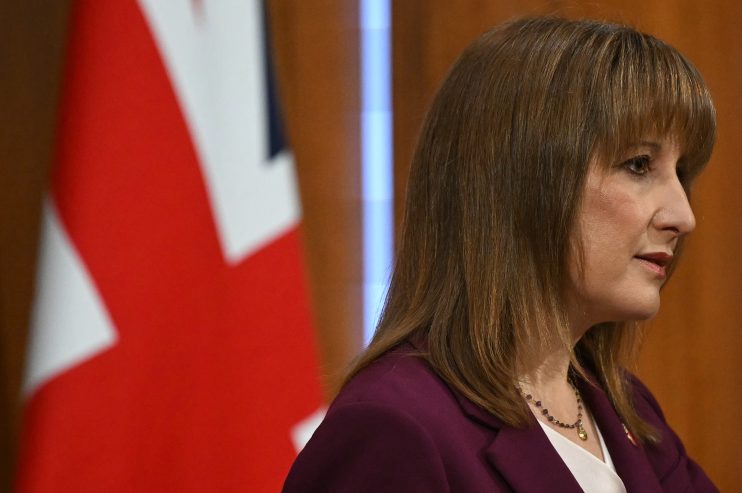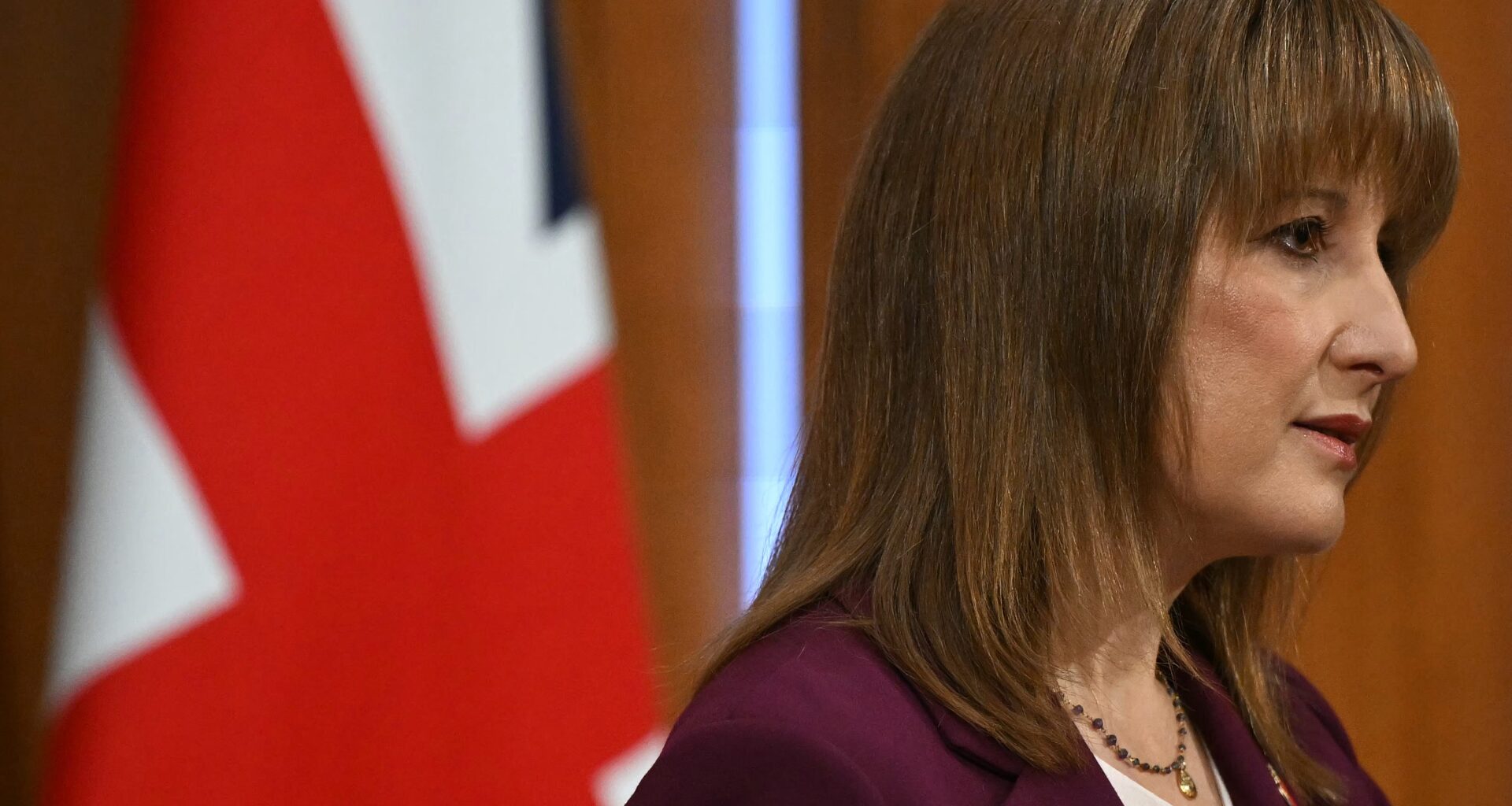Wednesday 19 November 2025 7:26 am
| Updated:
Wednesday 19 November 2025 7:27 am
Share
 Rachel Reeves will take a close look at inflation data. Justin Tallis/PA Wire
Rachel Reeves will take a close look at inflation data. Justin Tallis/PA Wire
Inflation hit 3.6 per cent in the year to October, it has been revealed, in the last set of prices data Chancellor Rachel Reeves will see before a crucial Budget focused on curbing the cost of living.
The Office for National Statistics (ONS) said inflation cooled slightly from last month’s figure of 3.8 per cent, but came in slightly higher than some economists had predicted.
Statisticians at the body also recorded services inflation to have lowered slightly to 4.5 per cent, a measure closely monitored by policymakers at the Bank of England.
Core inflation, which strips volatile items such as energy and food, rose by 3.4 per cent.
“Inflation eased in October, driven mainly by gas and electricity prices, which increased less than this time last year following changes in the Ofgem energy price cap,” Grant Fitzner, chief economist at the ONS, said.
“The annual cost of raw materials for businesses continued to increase, while factory gate prices also rose.”
Fitzner added that hotel prices were a downward driver on price growth.
The latest set of data is unlikely to ease tensions in the Treasury ahead of the Budget.
Reeves has said lowering the cost of living would be a central objective when she announces a sweep of new tax and spending policies next week.
The mission underpinning her Budget could lead to a reduction in borrowing costs for the government, which are currently forecast to exceed £110bn this year.
A drive to lower inflation through a sweep of measures that either boost productivity in the UK economy or controversially dampen demand levels through extra taxes on households could prompt Bank of England policymakers to vote for further interest rate cuts in the next year.
Lower interest rates would result in a fall on regular payments to the government’s lenders in the bond markets, lessening the strain on public finances.
Schroders’ senior economist George Brown said further rate cuts would hinge on Budget decisions to lower bills.
“Any further rate cuts will largely depend on the contents of the Chancellor’s red box,” Brown said.
Read more
University tuition fee hike to prop up high inflation
“Wage growth is still well above a target-consistent pace, especially given repeatedly weak productivity. The Bank must tread carefully given the heightened risk that high inflation becomes entrenched.”
The cost of living was also voters’ top issue in the latest set of polling published by City AM/Freshwater Strategy.
Reeves’ bid to tackle inflation
One way Reeves is expected to lower inflation at the Budget is to strip VAT from energy bills, which Barclays analysts said could skim 0.15 percentage points off headline inflation.
It could cost around £2.5bn, widening the £20bn fiscal hole which the Chancellor faces having to fill with spending cuts and tax rises.
Other measures including hiking sin taxes on gambling and alcohol could have the adverse effect of adding to inflation.
A week before the Budget, Reeves has already begun ramping up efforts to boost price transparency and call out companies for hiding costs from consumers.
She has written to the Competition and Markets Authority (CMA) to demand an investigation on private dentistry costs.
The Chancellor flagged the government’s concerns that practices have not been clear about costs and treatment with patients.
Reeves also said the government would bring greater price transparency to petrol bills and drive competition between providers.
In response to new inflation data, Reeves said: “This fall in inflation is good news for households and businesses across the country, but I’m determined to do more to bring prices down.
“That’s why at the budget next week I will take the fair choices to deliver on the public’s priorities to cut NHS waiting lists, cut national debt and cut the cost of living.”
Shadow Chancellor Mel Stride pointed out that inflation had been above the Bank of England’s two per cent target in each of the last 12 months.
“Labour’s last Budget hiked borrowing and taxes, stoking the inflation now hitting families,” Stride said. “If Labour had any backbone, they would adopt our £47bn savings plan and our golden economic rule next week to ease inflationary pressures.”
Read more
Fresh food inflation continues despite fall in overall shop prices
Similarly tagged content:
Sections
Categories
People & Organisations
